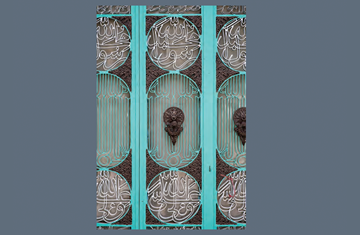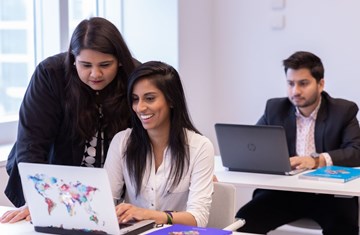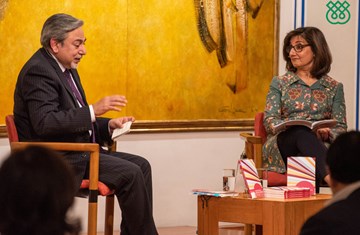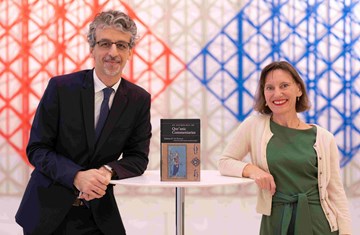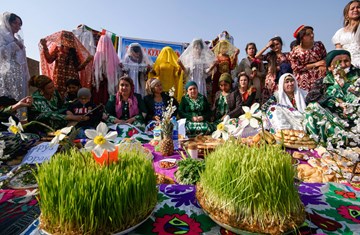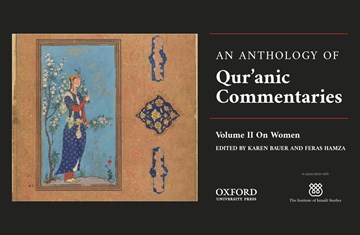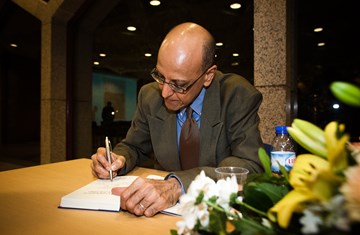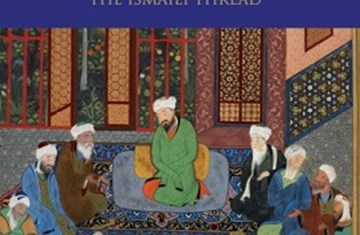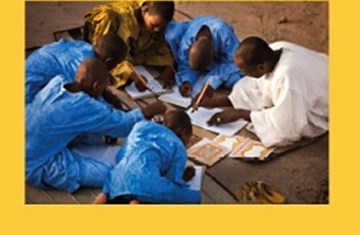Institute’s Latest Publication Explores Civil Society in the Muslim World
Muslim societies have enquired increasingly into what socially and religiously relevant civic ideas mean within their own highly diverse contexts. Certainly the evolving phases of what in our time is called globalisation are felt and conceived rather differently across the world.
The interest and focus by Muslims on issues relevant to civil society reflect, in part, the perceived absence of sustainable institutions that respond to strongly felt needs for social and economic development, poverty reduction and proper governance in their societies. These questions relate to the role of the state as an agent for change as custodian of social justice and the role of the individual citizen in raising and acting on these issues.
Perspectives on the interplay of ethics, law and culture in contexts ranging from Iran and Central Asia to the Maghreb and South Asia occupy the eleven essays in this volume.

